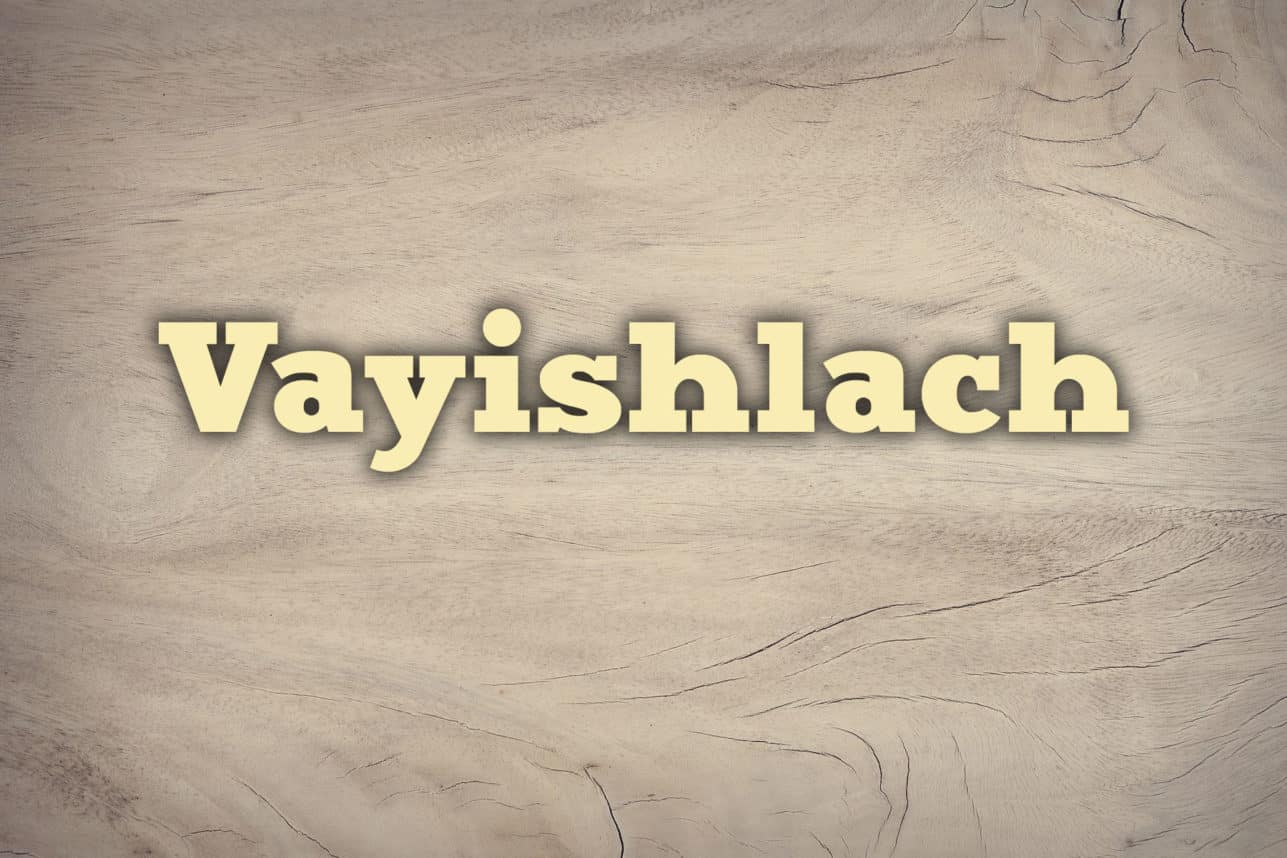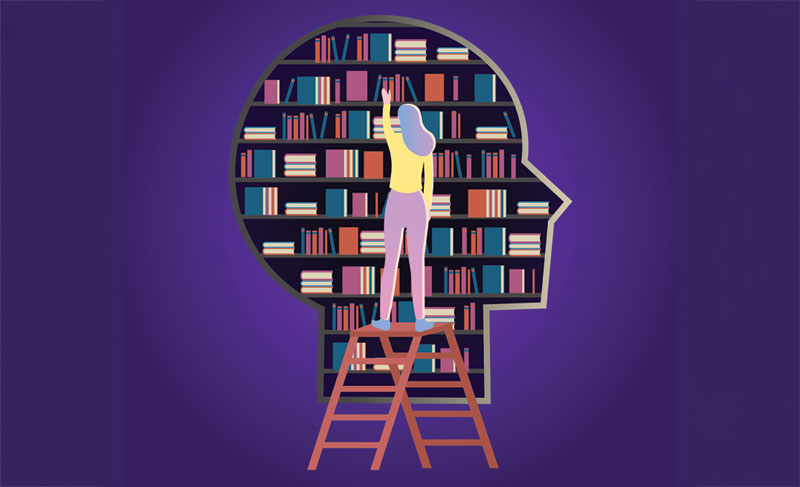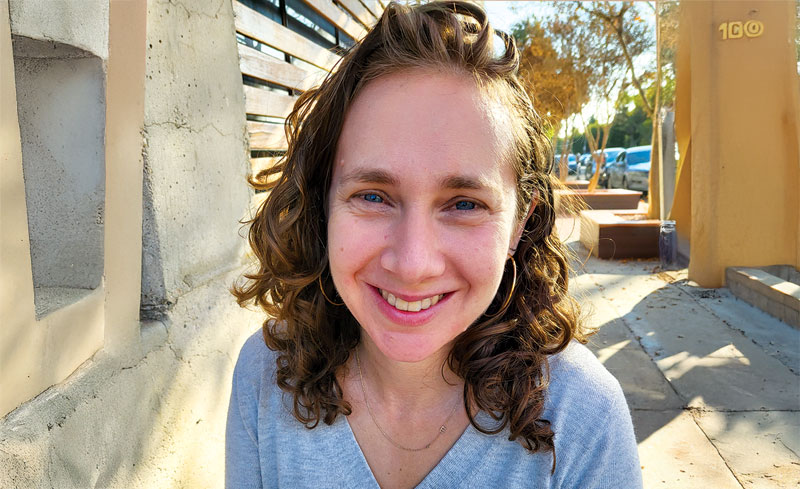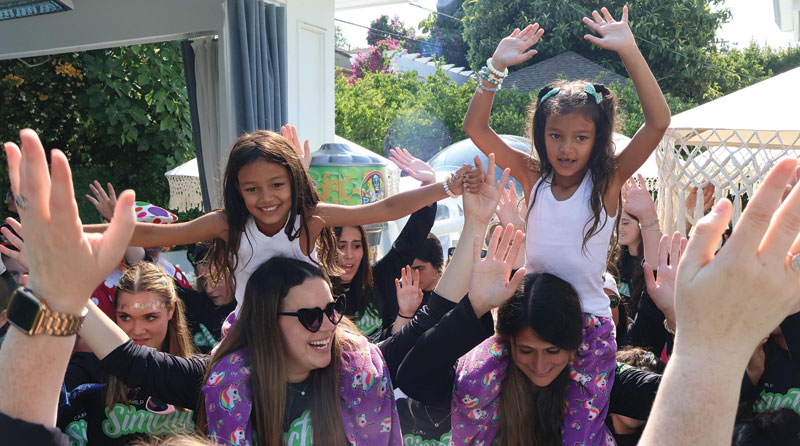Mark Slavkin sounded like a proud parent when he described the play staged in the Wilmington Middle School auditorium, previously dark for more than a decade.
"No one even knew where the light switch was," said Slavkin, head of the education division at the Music Center in downtown Los Angeles, whose consultants helped bring the drama program to life. "Now the principal sees students engaged in something, who never participated in anything before, and parents they’ve never seen are showing up to the school. It’s like a light bulb went off."
The program is just one example of how Slavkin, ex-president of the Los Angeles Board of Education, is helping to jump- start the arts in Los Angeles schools and beyond. Since taking over the Music Center’s education division last year, he’s inherited a post that oversees a number of established programs, including a multicultural artists-in-residence series in five counties and performance assemblies at 450 schools a year. He has a staff of 25 and a $4.6 million annual budget.
The 40-year-old activist arrived at a time when there was good news for arts education nationwide, in part due to studies linking it to increased student self-confidence and problem-solving skills. In Los Angeles, where Proposition 13 and other funding cuts almost eradicated arts in the classroom since the late ’70s, subjects such as music and dance are slowly making a comeback.
The revival is fueled by the Los Angeles Unified School District’s 10-year Arts Education Plan implemented in 1999, which posits that graduating seniors should be proficient in at least one art form, according to the Los Angeles Times. Thirty million dollars has already been invested in a new arts instruction program.
In this new, arts-friendly climate, the Music Center’s services are in high demand. However, Slavkin, who was known as a sometimes-controversial maverick on the school board, isn’t content to continue business as usual.
"We’ve previously seen our role as that of a vendor, as one of the largest producers of arts education in the country," said Slavkin, who is also chair of KOREH L.A., The Jewish Federation of Greater Los Angeles’ literacy program. "Now we need to shift our focus to adopt a leadership role in helping school districts plan and implement their own, ongoing arts programs. "
"We want to serve more as an adviser, consultant and strategic planner than as a producer," he said. "The message is, ‘You’ll provide your own programs, rather than relying on us to do it for you.’"
Slavkin, who learned to play the clarinet in West Los Angeles public schools, was raised by secular Jews active in education circles. His father, Hal, has served since 1968 on faculty of the USC School of Dentistry, where he is now dean. His grandfather earned a master’s degree in his 70s.
"We were taught to hold the Jewish immigrant value of education in high esteem," said Slavkin, who at 27 became the youngest person ever elected to the school board.
On the board, he evoked praise and ire by championing radical decentralization of the district and leading the board into court to challenge Proposition 187, which deprived illegal immigrants of most public services. After serving two terms, Slavkin segued into arts education, working at the Getty Trust and other institutions before joining the Music Center last year.
Asked why he prefers his new job to politics, he said, "I still get to be involved with principals and teachers without all the headaches and tribulations of the school board."
But Slavkin still has strong opinions, which he’s not averse to sharing over a salad at Otto’s Restaurant on the first floor of the Music Center. He said he’s irked by principals who view arts education as "merely drawing a turkey at Thanksgiving or 35 sixth-graders singing ‘Winter Wonderland.’ But are they learning anything about art history or music theory?"
Another gripe is the laserlike focus schools now have on preparing students for standardized tests. "There are no arts questions on the test, which means teachers are torn about spending time training for arts education," Slavkin said.
In response, he’s met with university administrators to discuss adding intensive arts training to their teacher credentialing programs, which he said is a better idea than asking teachers to catch up in midcareer.
Slavkin is also offering discounts for schools to create new arts programs, and is helping to push for a $10 million Music Center education pavilion that will offer interactive exhibits.
In the meantime, he’s unabashedly championing arts education — and not just because of the studies linking it to problem-solving skills. "So many schools treat students like automatons, who must memorize facts and figures, but the arts encourages kids to use their whole brains," Slavkin said, beaming again as he cited the new theater program at Wilmington Middle School.
"For me, arts education represents a broader issue than just teaching music or theater," he emphasized. "It’s helping to create schools in which children are going to want to be."






















 More news and opinions than at a Shabbat dinner, right in your inbox.
More news and opinions than at a Shabbat dinner, right in your inbox.